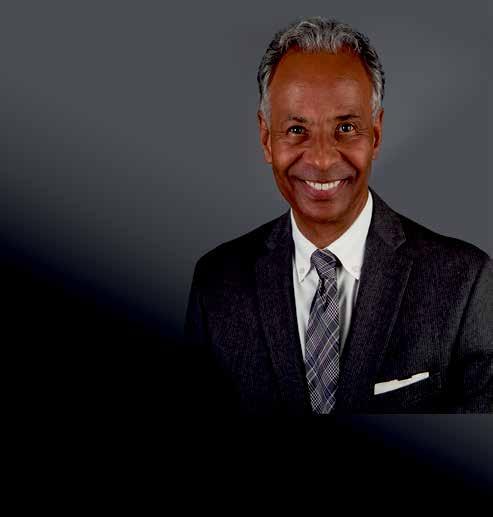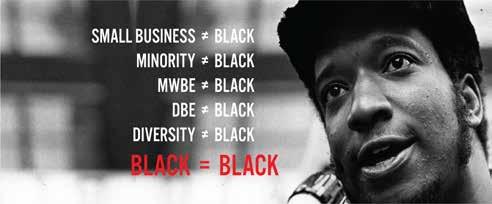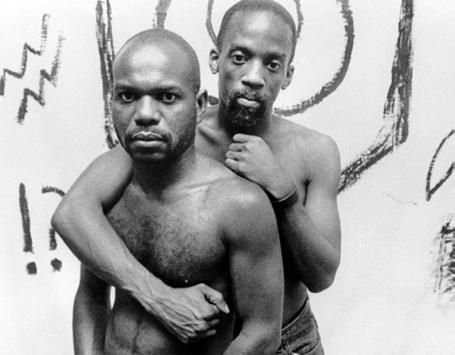
3 minute read
Urbanology
HARLEM COMMUNITY NEWSPAPERS URBANOLOGY The Economics of Racism in American Culture
By: W.A.Rogers
Advertisement
Economics has always been the foundation of the culture of rac ism in America. It is likely that those reading this dia log have been socially programmed to see racism as a social issue rather than an economic tool. Hundreds of years of free labor built the American capitalist system using both African and Eu ropean slaves.
The terms “black” and “white” were used to keep African and European slaves from overcoming slavery; an issue that was becom ing a problem as there were many reported black and white slave rebellions. Be fore the mid to late 1700’s, Africans did not consider themselves to be “black” while Europeans did not consider themselves to be “white.” These terms were created to separate the two groups and create a culture of white supremacy: another economic tool.
The term “negro” was used by the Portuguese soon after arriving in Southern Africa in 1442 in hopes of finding a sea route to In dia. “Negro” means black in Portuguese and Spanish. Old maps labelled West African areas that stretched along the Niger River as Ne groland, which also led to the term.
The term “Caucasian” was introduced by Chris toph Meiners in 1785. It was used to describe the people of the Caucasus region in Europe near Russia. Later, Johann Friedrich Blumen bach, also known as the father of anthropology, used the term to identify those of European ancestry. Howev er, most Russians still do not consider themselves to be Caucasians.
It was deemed necessary to separate the African slaves from their African heritage. As a result, their culture, language, and religion were taken away. It was soon con sidered a crime to read or gather in groups other than religious services. Africans were taught broken English by their poor white over seers. The African slaves were then dehumanized to justify their mistreatment.
The dehumanization of Africans continued even af ter the abolition of slavery. To maintain free labor, Jim Crow laws became legal which enforced and promot ed white supremacy. This was to justify the limitation of economic progress of not only Africans, but for poor Europeans as well.
“If you can convince the lowest white man he is better than the best colored man, he won’t notice you’re picking his pocket. “Hell give him somebody to look down on and he’ll empty his pocket for you.” This state ment was made by President Lyndon Johnson when discussing how racism is a political and economic problem for both black and many whites.
The Black Lives Matter Movement has opened the door for a dialog between Americans of African de scent and Americans of European descent. However, subconscious ideas of white superiority and black infe riority remain as a part of American culture. Unless these difficult conversations focus on the social program ming of race, I cannot be convinced that any dramatic change can take place.
Those of African descent must learn and accept who they are as Africans, those of European descent must do the same before we can truly address and change the economically driven factors of racism. The American founding fathers were slave owners and Africans were never considered equal or American in the writing of the United States Consti tution. This unfair concept still exists and is justified by continuing to dehumanize people of African descent.
I am not sure if I will live to see a full deprogramming of the racist social culture and the dehumanization of Africans for economic reasons. Nonetheless, I am happy to see that young people are now exploring the possibility. “The Rules of Racism” is the 3rd DVD in the Hidden Colors series (www.hiddencolors.com). If you are interested in the facts surrounding the eco nomics of racism, I suggest you watch it.
Answers to Puzzle on page 16


Dr. George Williams










